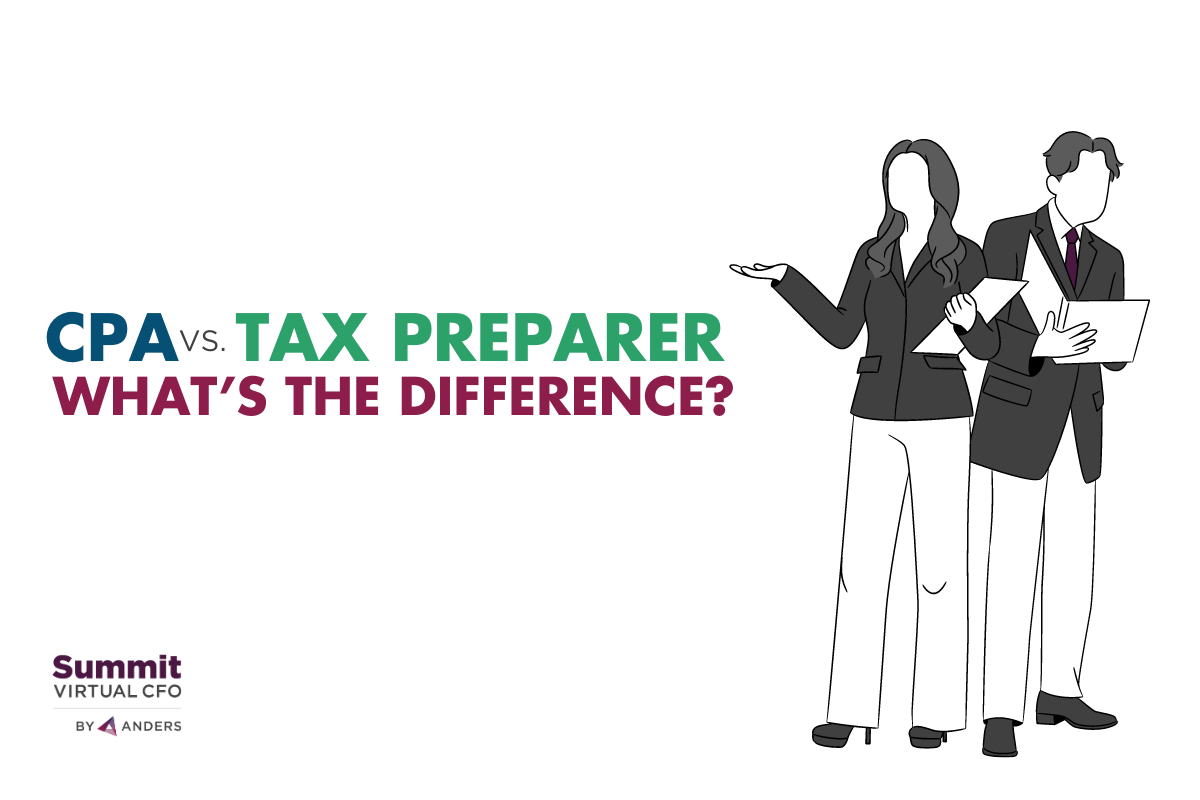
Every year there are thousands of investigations launched by the IRS in their fraud prevention campaign. IRS criminal investigations during the 2023 tax filing year identified potentially $37.1 billion in tax fraud and the conviction rate was 88.4%. While these statistics might make business owners like you sweat a bit, the IRS knows that not everyone is out to commit fraud and that mistakes can happen to anyone.
What small businesses need to know is the difference between business fraud vs business negligence.
What is Fraud?
Tax fraud is the intentional act of misconduct on the part of a taxpayer that is an intentional and deceitful avoidance of a tax they knowingly owe. The penalties for those found guilty of fraud may consist of hundreds of thousands of dollars and may also include prison time, if convicted.
The key to remember here is the intentional act of misconduct by the business owner. This could include:
-
corporate fraud
-
failing to file taxes
-
money laundering
-
employment tax fraud
-
cybercrimes and scams
-
identity theft
-
filing false returns
-
concealing sources of income
-
false claims
-
false deductions
-
misreporting financials (misreporting income, refunds, etc.)
-
account fraud
What is Negligence?
Negligence is an unintentional mistake made by a taxpayer. The majority of these mistakes occur when business owners calculate their own taxes. Common errors are calculations involving math, credits, and deductions. Other errors include the wrong name or social security numbers. These types of errors are not generally considered fraudulent activity. Although, when these errors result in more taxes owed, it may result in additional interest and penalties for the taxpayer.
The majority of returns with incorrect information are due to mistakes rather that fraud. However, there are common areas that you should be extra cautious so that you can avoid any unnecessary scrutiny of your tax return. Below are some of the most common areas that the IRS will be on the lookout for fraud.
-
Non-reported or under reported income.
All of your business income needs to be reported, regardless of the source. Be sure to document all payments that you receive, including cash payments. We cannot express how important clean records are to ensure reporting mistakes aren’t made. We recommend having these four types of bank accounts to keep financials neat.
-
Adding personal expenses as business deductions.
If you own a business, you must keep a separate bank account for your business and personal transactions to avoid more questions from the IRS. Keep all receipts so you can prove any expenses if necessary. Padding business deductions with non-deductible personal expenses may be considered tax fraud.
-
Information concealed during an audit.
It’s stressful enough just going through a tax audit. Do not withhold information from an auditor intentionally. Hiding information from an auditor may create a fraudulent situation. The first thing you should do if you are selected for an audit is to seek help.
The IRS knows how complex the tax codes can be to taxpayers. Unless the IRS has reason to believe that an act on your part was intentional, it will be considered an accident rather than suspicious activity. If you need help, contact us to schedule an appointment with our VCFOs.
.png?width=120&height=77&name=Summit-Virtual-CFO_color_rgb%20(1).png)














